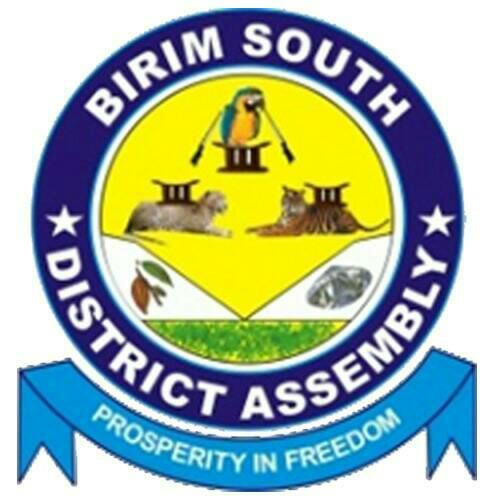PROCUREMENT
The Procurement Unit in the local government service in Ghana plays a crucial role in ensuring transparency, efficiency, and fairness in the procurement process. It is responsible for managing the acquisition of goods, services, and works needed by the local government to carry out its functions and deliver public services. Here are some of the key functions of the Procurement Unit in the local government service in Ghana:
1. Procurement Planning:
- Collaborating with various departments and units to identify their procurement needs.
- Developing procurement plans and strategies to ensure timely and cost-effective acquisitions.
- Ensuring that procurement activities align with the overall goals and objectives of the local government.
2. Tendering and Bidding:
- Preparing tender documents and bid requests for goods, services, and works.
- Advertising and publishing tender opportunities to attract potential suppliers.
- Managing the tendering process, including opening and evaluating bids.
3. Supplier Selection:
- Evaluating bids based on predetermined criteria and selecting the most suitable suppliers.
- Conducting due diligence on potential suppliers to ensure their credibility and capability to deliver.
4. Contract Management:
- Negotiating contracts with selected suppliers to establish terms and conditions.
- Monitoring and ensuring compliance with contract terms throughout the procurement process.
- Addressing any issues or disputes that may arise during the contract period.
5. Budget and Cost Control:
- Working closely with the Finance Department to ensure that procurement activities are within budget.
- Exploring cost-saving opportunities and strategies to maximize value for money.
6. Transparency and Accountability:
- Ensuring that the procurement process is transparent and free from any form of corruption or favoritism.
- Maintaining proper documentation and records of all procurement transactions for audit and accountability purposes.
7. Compliance with Regulations:
- Adhering to relevant procurement laws, regulations, and guidelines set by the Public Procurement Authority of Ghana.
- Staying up-to-date with changes in procurement regulations and adjusting practices accordingly.
8. Capacity Building and Training:
- Providing training to staff within the local government service on procurement procedures and best practices.
- Keeping procurement staff informed about updates in procurement regulations and processes.
9. Vendor Relations:
- Developing and maintaining relationships with suppliers, contractors, and service providers.
- Addressing vendor inquiries, concerns, and feedback.
10. Reporting and Documentation:
- Generating reports on procurement activities for management and stakeholders.
- Ensuring that all procurement-related documents are properly filed and archived.
11. Continuous Improvement:
- Identifying areas for process improvement within the procurement function.
- Implementing changes to enhance efficiency, transparency, and effectiveness.
12. Risk Management:
- Identifying and assessing potential risks associated with procurement activities.
- Developing strategies to mitigate risks and ensure smooth procurement processes.
Overall, the Procurement Unit plays a critical role in ensuring that the local government’s procurement activities are carried out in a manner that promotes fairness, transparency, and value for money while adhering to legal and regulatory requirements.
